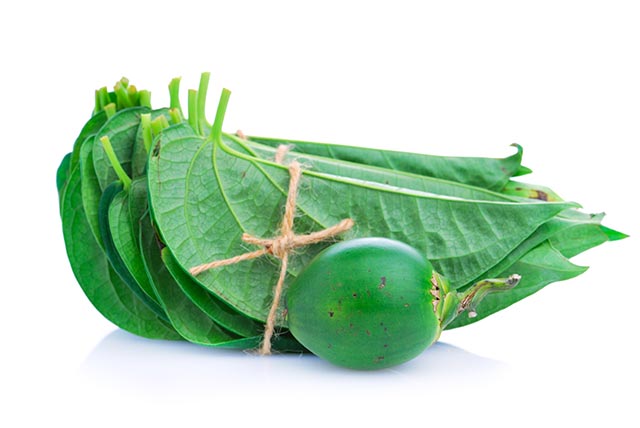Moringa prevents cancer cells from proliferating, new research finds
11/27/2018 / By RJ Jhonson

Esophageal cancer affects a large percentage of South Africa’s black population. In a study published in the Journal of Medicinal Food, researchers looked into the ability of moringa (Moringa oleifera) to inhibit the proliferation of esophageal cancer cells.
- Moringa has been used as a treatment for various diseases, including cancer.
- The researchers treated an esophageal cancer cell line (SNO) with different dilutions of M. oleifera crude aqueous leaf extract (MOE). They assessed the level of oxidative stress using the TBARS assay, the extent of DNA damage through the comet assay, protein expression using western blotting, and the mechanism of cellular death by examining phosphatidylserine (PS) externalization (flow cytometry), caspase-3/7 and caspase-9 activities, and adenosine triphosphate (ATP) levels (luminometry).
- Treatment with moringa was found to have significantly increased lipid peroxidation and induced apoptosis in the SNO cells. Apoptosis was determined from the increase in the levels of both caspase-3 and caspase-9, the externalization of PS, and a decrease in ATP levels.
- DNA fragmentation was also observed as a result of the treatment.
The researchers concluded that moringa has an antiproliferative effect on esophageal cancer cells thanks to its ability to increase lipid peroxidation and DNA fragmentation, as well as induce apoptosis.
Learn more about esophageal cancer at Cancer.news.
Journal Reference:
Tiloke C, Phulukdaree A, Chuturgoon A. THE ANTIPROLIFERATIVE EFFECT OF MORINGA OLEIFERA CRUDE AQUEOUS LEAF EXTRACT ON HUMAN ESOPHAGEAL CANCER CELLS. Journal of Medicinal Food. 13 April 2016;19(4). DOI: 10.1089/jmf.2015.0113
Tagged Under: anticancer, esophageal cancer, food as medicine, food cures, moringa, Moringa oleifera



















